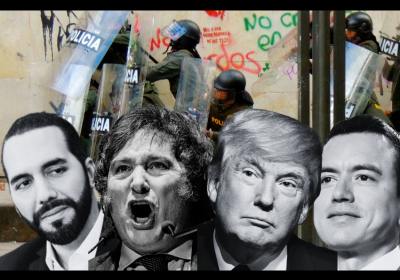
Trump’s presidential victory comes in the context of emboldened far-right governments in Latin America, which are looking to foster closer links with each other. Ben Radford reports.

Trump’s presidential victory comes in the context of emboldened far-right governments in Latin America, which are looking to foster closer links with each other. Ben Radford reports.
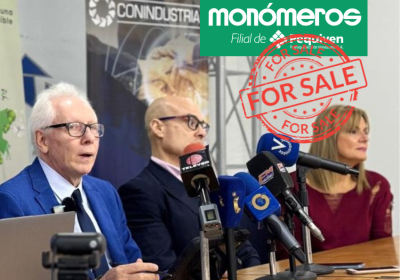
Speculation of more privatisations by the Nicolás Maduro government is growing amid fears incoming United States president Donald Trump may tighten sanctions on Venezuela, reports Federico Fuentes.
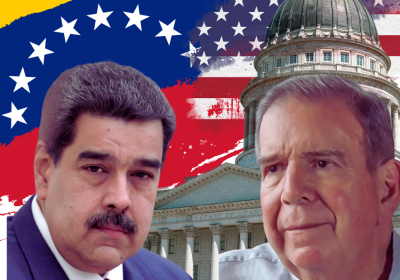
There are fears in Venezuela that the situation approaching inauguration day could trigger a new round of political violence and state repression, reports Federico Fuentes.

Indonesia’s President Prabowo Subianto remains a loyal servant of United States imperialism, as his recent phone call to Donald Trump makes clear, reports Peter Boyle.
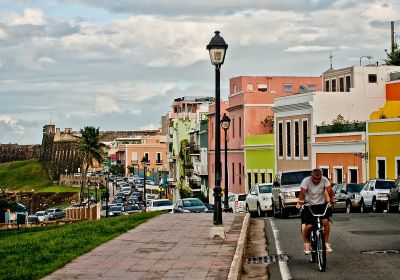
Gubernatorial elections were held on November 5 in the United States colony of Puerto Rico, with pro-independence candidate Juan Dalmau only narrowly defeated by pro-Trump candidate Jenniffer González-Colón, reports Barry Sheppard.
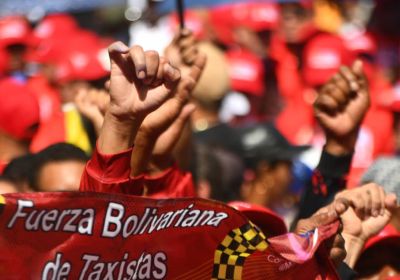
In the second part of our interview, Steve Ellner, Associate Managing Editor of Latin American Perspectives and a retired professor of the Universidad de Oriente in Venezuela, speaks to Federico Fuentes about opposition to United States imperialism and the left’s appraisal of the Nicolás Maduro government in Venezuela.

Steve Ellner, Associate Managing Editor of Latin American Perspectives and a retired professor of the Universidad de Oriente in Venezuela, speaks to Federico Fuentes about the need to prioritise the struggle against United States imperialism and the challenges for international solidarity.

United States courts have mandated the auction of CITGO Petroleum, US-based Venezuelan state-owned oil refining company, reports Coral Wynter.

Russian socialist and political economist Ilya Matveev sat down with Green Left’s Federico Fuentes to discuss imperialism’s “two logics” and how they help us better understand the world today.
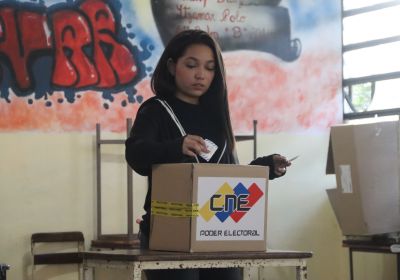
Kerry Smith sat down with Latin American politics writer Federico Fuentes to break down the July 28 Venezuelan presidential elections and its aftermath.

Venezuela solidarity activist Arnold August travelled from Canada to Venezuela to observe the July 28 election. He explains below how Venezuela’s National Electoral Council (CNE) was created through a popular democratic process following the election of Hugo Chavez in 1998.
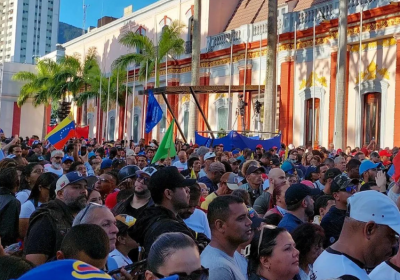
Venezuela's far-right opposition has refused to accept defeat in the country's presidential election amid simmering unrest and violence in the streets of Caracas, sparking warnings of another coup attempt, reports Jake Johnson.